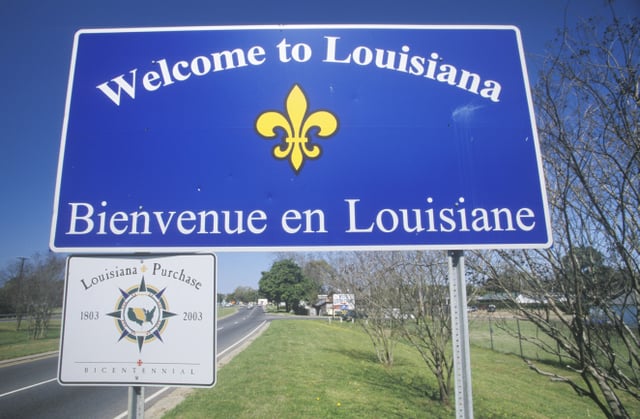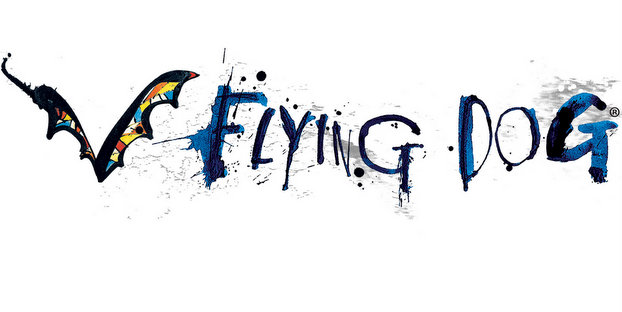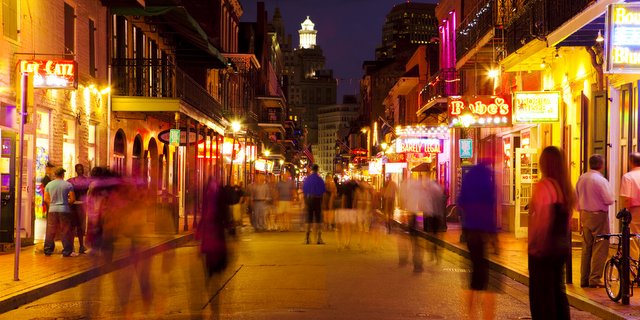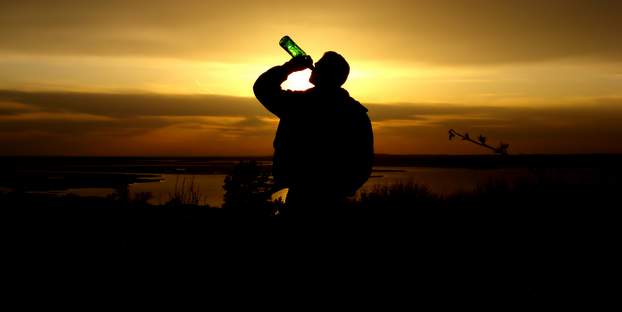
Opening or expanding a craft brewery is not cheap, and location is incredibly important, so brewery owners are choosing very carefully where they’d like to open up new facilities and sell their beer. Alcohol laws vary greatly state by state in America, and more and more brewery owners are deciding to invest or not invest their time and money in states with restrictive laws.
In October, Baltimore’s Flying Dog Brewing Co.’s Chief Executive Jim Carus stated that the brewing brand has placed its eye-popping $54 million expansion plans on hold because of legislation regarding state brewery regulations. A lot of that animosity stemmed from Maryland House Bill 1283, which is a law focused on Class 5 Maryland breweries (Class 5 is a license specific for brewery production facilities — definition here) and regulates everything from taproom hours to on-premise beer sales.
Another example popped up yesterday. Noble Wave, a local startup craft microbrewery and restaurant concept, announced it would no longer be opening in Baton Rouge, La., because of Louisiana’s prohibitive brewery laws. Just to give you some examples: The Louisiana Office of Alcohol and Tobacco Control issued an advisory on new rules in March that called into question whether events like hosting yoga classes, hiring live music or allowing food trucks at a brewery would be allowed under the new administration. Louisiana’s laws also do not allow brewpubs to distribute beer directly to retailers, and it makes a big difference in licensing and distribution between brewpubs and manufacturing facilities. There are many other hurdles, according to Riley Vannoy, Noble Wave CEO, who posted this on the brewery’s homepage:
“We knew going in, when we made the decision to open in Baton Rouge and began this process two years ago, that Louisiana was behind the times when it came to the laws for craft beer. But there was also a lot of optimism at the time, and even some signs of progress. But that’s all changed for the worse with the recent regulatory changes, and we couldn’t ignore the implications to our potential for success. The atmosphere here, it’s a bit pessimistic these days. It’s tough to say you’re going to open a brewery here in Louisiana, when existing Louisiana brewery owners are talking about moving their operations out of state because of the uncompetitive laws, or saying they wished they’d opened their breweries somewhere besides Louisiana because of the direction that the state seems to be heading from a regulatory perspective.”
Suggestion: Conservative states like Louisiana and Maryland might as well pull their shit together now — because the quickly growing beer business isn’t going to wait around for antiquated alcohol regulations to catch up. They’ll just move to Oregon. Read the rest of Noble Wave’s statement below.
Noble Wave, a local start-up craft microbrewery and restaurant concept that had been previously announced as a tenant at the upcoming Electric Depot development, is no longer seeking to open a Louisiana-based location. Instead, the majority of the Noble Wave team is relocating to Salem, Oregon, where the company plans to launch its first location.
Riley Vannoy, Noble Wave CEO: “This was not a decision that was made lightly. Both Karl and I are local guys, we were born and raised in Baton Rouge. We really wanted to make this happen here and we have been building a lot of positive momentum here. We had the backing to get this going here. But ultimately, we have to do what is best for the company, and after a lot of frank discussions with local industry folks about the state’s craft beer climate and the recent regulatory upheaval, we don’t believe it’s in Noble Wave’s best interest to open in Louisiana.”
The main reason behind the decision: Louisiana’s uncompetitive legal and regulatory landscape for craft breweries. Louisiana’s laws do not allow brewpubs to distribute beer to other retailers — that right is only given to manufacturing breweries, who in-turn face heavy restrictions on what they can sell inside of their own breweries. Louisiana laws also mandate that all beer sold outside of a brewery must be sold through a wholesale distributor.
Riley: “Opening a brewery in Louisiana requires making the very tough choice between two separate revenue streams: bar and restaurant sales at a brewpub, or distribution sales. You really can’t do both here, you have to pick one or the other and then you’re locked in. That’s a tough business proposition, especially when it’s not a choice you’re forced to make in other states. It’s much simpler in a lot of other places, much less restrictive. Other states don’t make you choose between being a brewpub or distributing – you can do both. You can be a brewpub that distributes its beer to other retailers. Many places will even allow you to self-distribute your beer to other retailers, without having to go through a distributor.”
Beyond having been set to open as the first brewpub in Baton Rouge, Noble Wave’s concept also features an innovative business model rooted in conscious capitalism. While the majority of service industry workers make $2.13 an hour with no benefits and rely mostly on tips to make a living, Noble Wave plans to offer its entire staff a full salary and benefits, including healthcare and paid time off. The brewpub also plans to empower its customers to have a positive impact by donating half of all tips to its companion nonprofit dedicated to bettering the surrounding community.
Maintaining these unique practices remains a priority for the company and was a significant factor in the decision to not open in Louisiana.
Karl Schultz, Noble Wave CFO: “Noble Wave is an ambitious concept. We were not going to be well-served by opening in a place, like Louisiana, that forces us to forego significant revenue options that would be available to us in other states. It just doesn’t make sense to handcuff ourselves from a legal and financial standpoint. We’re already trying to do so much – we just don’t have that luxury. We need to be in a place that provides the best platform for us to achieve our ambitious goals, not somewhere that seems to consistently add additional challenges.”
Louisiana currently ranks 48th in the U.S. for the number of craft breweries per capita. Meanwhile, recent regulatory changes announced by the State’s Office of Alcohol and Tobacco Control earlier in 2017 have been criticized as only further putting Louisiana craft breweries at a competitive disadvantage compared to their peers in other states.
Riley: “We knew going in, when we made the decision to open in Baton Rouge and began this process two years ago, that Louisiana was behind the times when it came to the laws for craft beer. But there was also a lot of optimism at the time, and even some signs of progress. But that’s all changed for the worse with the recent regulatory changes, and we couldn’t ignore the implications to our potential for success. The atmosphere here, it’s a bit pessimistic these days. It’s tough to say you’re going to open a brewery here in Louisiana, when existing Louisiana brewery owners are talking about moving their operations out of state because of the uncompetitive laws, or saying they wished they’d opened their breweries somewhere besides Louisiana because of the direction that the state seems to be heading from a regulatory perspective.”
Noble Wave analyzed a number of alternate locations before ultimately deciding on Salem. Beyond Oregon boasting a best-in-class regulatory environment, key factors in the selection included the Salem area’s positive demographic trends, central geographic location with access to other potential target markets, and unsaturated existing craft beer market.





Todd Hicks says
There was a short lived brewpub in Baton Rouge in the mid 1990’s called Capitol City Brewing; member of the City Breweries Investment Corp based out of Mobile, AL. It may have been at the property location that is currently open as Walk-Ons Bistro and Sports Bar.